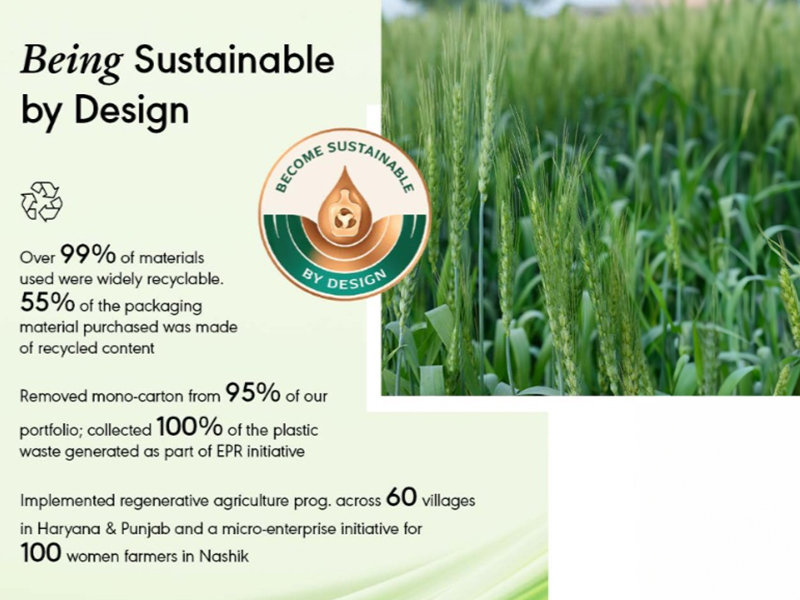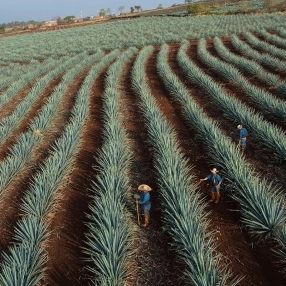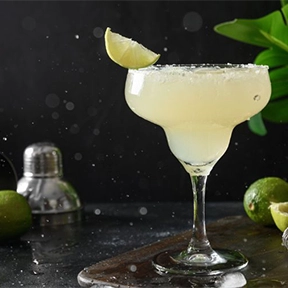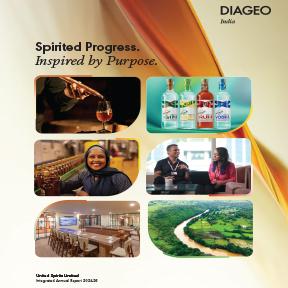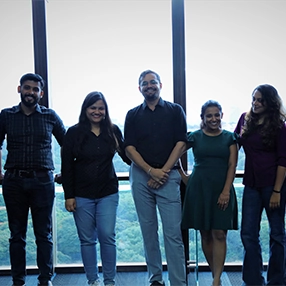Diageo India is among the country’s leading beverage alcohol companies with an outstanding collection of premium brands.
It is our collective responsibility to restore the natural world on which life depends. We are committed to pioneering grain-to-glass sustainability as part of our ‘Society 2030: Spirit of Progress' plan. An important part of this goal is to become sustainable by design, eliminating waste from our value chain, developing solutions to reuse materials and creating innovative solutions to grow sustainably.
- Regenerative agriculture: The company is collaborating with its suppliers and agronomic partners to improve farm management practices across its raw material supply chains and to promote the adoption of regenerative agriculture practices. This includes the company’s partnership with The Nature Conservancy (TNC), to implement a regenerative agriculture programme across 60 villages in Ambala (Haryana) and Ludhiana (Punjab) and a micro-enterprise initiative to empower 100 smallholder women farmers in Nashik. In addition, the company has launched a three-year pilot project with rice farmers in Nizamabad, Telangana. The project will cover 500 hectares and support 63 farmers across 15 villages in the first year while leveraging regenerative agriculture practices. The company is a member of the Sustainable Rice Platform (SRP) to help engage with existing farmers’ institutions such as Village Committees and Farmer Producer Companies while bringing convergence with government schemes.
- Packaging: The company continued to make progress with light-weighting packaging to reduce carbon footprint, increase the use of recycled content and recyclability across formats. During the year, over 99% of materials used were widely recyclable, and the company is well poised to achieve its target of 100% by 2030. Notably, 55% of the packaging material purchased was made of recycled content, in line with the company’s focus on minimising downstream waste through circular economy initiatives. The company has removed mono-carton from 95% of its portfolio, introduced recyclable PET containers and collected 100% of the plastic waste generated as part of the Extended Producer Responsibility (EPR) initiative.
